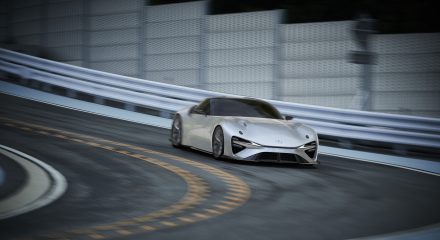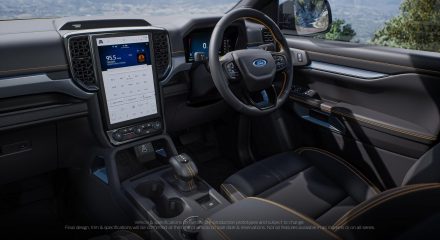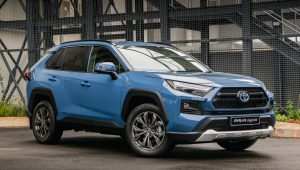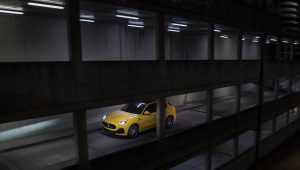Naamsa welcomes R1.8 billion to curb grey imports

Naamsa has agreed to the Government’s allocation of R1.8 billion to prevent grey imports from coming into the country.
Grey imports have a negative effect on the automotive ecosystem in South Africa and cost roughly R3.8 billion in uncollected taxes.
It has been noted that 300 000 of the 12.7 million vehicles on our roads are grey imports and this figure remains to grow at 30 000 cars per annum which creates an impact on new car sales and is a danger to the country’s economy.
Mikel MABASA, Naamsa CEO says, “We estimate that the impact of grey imports is costing the fiscus R3,8billion per annum. This grows to over R4billlion when you consider the taxable income on corporate profits in the value chain”.
“Grey imports within the automotive industry do not only rob the fiscus of the much-needed revenue, but they also hurt job creation prospects for many young people who are currently unemployed in our country. The importation of these illegal secondhand vehicles also aid criminal activity in the country and undermines road safety initiatives.”
“To put the grey import challenge into perspective from a business side of things, the average new vehicle market for 2020 is 28,500 units. Grey imports represent an extra month’s sales per annum. Effectively, grey imports represent 7.5% of total market and would be the third-largest brand in South Africa by volume.”
The automotive sector announced a range of investment opportunities with the aim to boost South Africa’s manufacturing capacity. Some of these investments include Toyota’s first production of hybrid vehicles in South Africa, local production of Nissan’s Navara, Isuzu’s D-MAX bakkies and Mercedes-Benz investments. Ford Motor Company also announced an R16 billion investment that will be creating jobs for 1200 citizens in the next few years.
SA mining and Manufacturers have begun prioritising the production of metals and minerals that are used in the production line for Electric Vehicles. This is a positive development for South Africa’s automotive industry.
Currently, the Electric, Plug-in and traditional hybrid sales in our country have been below 1% for the past 10 years, as only 4 892 Electric, Plug-in and traditional hybrid new vehicle units sold out of the 5 694 860 market sales since 2011.
South Africa’s economy is expected to make a rebound by 3.6% in 2021, following a hard hit of 7.2% in 2020. 65% of economists did a survey showing that South Africa will not achieve its primary budget in the next four years.
Picture: Pexels







